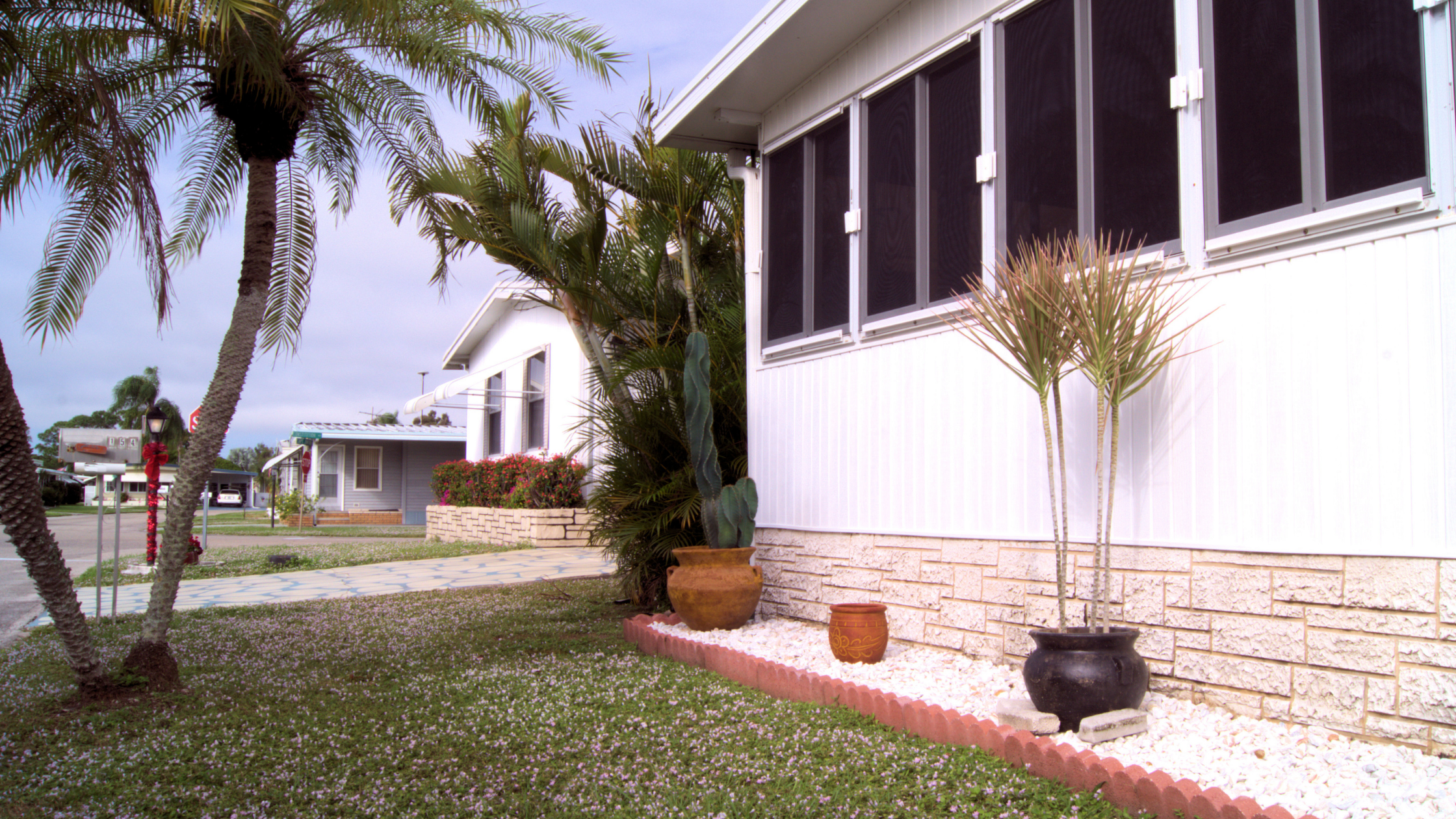
December 30, 2020

Nikki Trembath · 3 minute read
If you're planning on buying a manufactured home soon, factoring in additional expenses, such as property taxes and homeowners insurance , will help you determine your monthly home loan payments more accurately. Just to be on the safe side, make sure that you also set aside some money for utility hookups and maintenance or unexpected repairs, which are bound to pop up sooner or later. In order to decide whether or not buying a manufactured home is a wise financial move, let's find out what property taxes and utility hookup costs you might need to cover once you become the proud owner of a manufactured home.
The type and amount of property tax you'll have to pay depends on your location and on whether the home is classified as personal or real property. If your manufactured home is classified as personal property, it will be taxed separately from the land, regardless of whether you own the land or rent a lot in a manufactured home community. If you own the land, you may receive a separate tax bill for it. If you rent a lot in a manufactured home community, the property tax for the land will probably be included in your rent. In some states, however, landlords can require tenants to pay the property taxes associated with the land on which their home sits.
For the manufactured homes classified as personal property, some states require annual taxes and fees that are similar to the annual tax required for vehicles. Other states may charge significantly higher taxes, based on the assessed value of the home.
If your manufactured home is classified as real property and permanently affixed to a piece of land that you own outright, it will be taxed in the same way as a conventional home. Furthermore, a manufactured home can be subject to supplemental taxes, when appropriate. However, a manufactured home classified as real property is also entitled to all the benefits and exemptions that are typically applicable to conventional properties. If you purchase a manufactured home with the help of a loan, you'll most likely pay a portion of the property taxes and homeowners insurance into an escrow account each month. The lender is responsible for paying property taxes and homeowners insurance fees from the account before their due dates.
The amount of property taxes that you'll need to pay for a manufactured home classified as real property is determined by the county tax assessor. If your manufactured home is attached permanently to land that you own, the home will be assessed and taxed together with the land. Once a taxable value is reached, the assessment ratio specific to each state will be applied to that value. Then, the district tax rate is applied to that figure in order to determine how much tax you need to pay every year. The general property tax rate throughout the US ranges from 0.18% to 1.89% of the property's assessed value. To find out how property taxes are determined in a specific area and whether other taxes may apply to your manufactured home, you should get in touch with your local tax assessor-collector's or the auditor-controller's offices.
If you're going to install your home in a manufactured home community, it's important to know that most of them already have utilities ready for connection. Besides saving you a lot of time and money, existing utilities on site means that you don't need to get permits and prepare the land ahead of time .
If you intend to place your manufactured home on undeveloped land , the cost of bringing utilities to your property depends on different factors, including the utilities available in your area, the types of utilities you want, and the proximity to public utility connections. To find out how much it may cost, it's advisable to get an estimate from the local utility companies.
Another important aspect is that utility hookups are sometimes included in the purchase price of the manufactured home. However, some dealers, retailers, and manufacturers may require separate fees for preparing and connecting the home to the utility services. In some situations, the buyer is responsible for preparing the land and arranging for all the utilities to be delivered to the home.
While there are different fees that you might need to cover after purchasing a manufactured home , the total cost involved in becoming the owner of such a home continues to be a lot less than the price of a conventional home or apartment. What's more, once you take care of all the initial setup costs, you'll be able to save a lot of money while living in a beautiful, energy-efficient, and durable manufactured home that perfectly fits your lifestyle.